Search
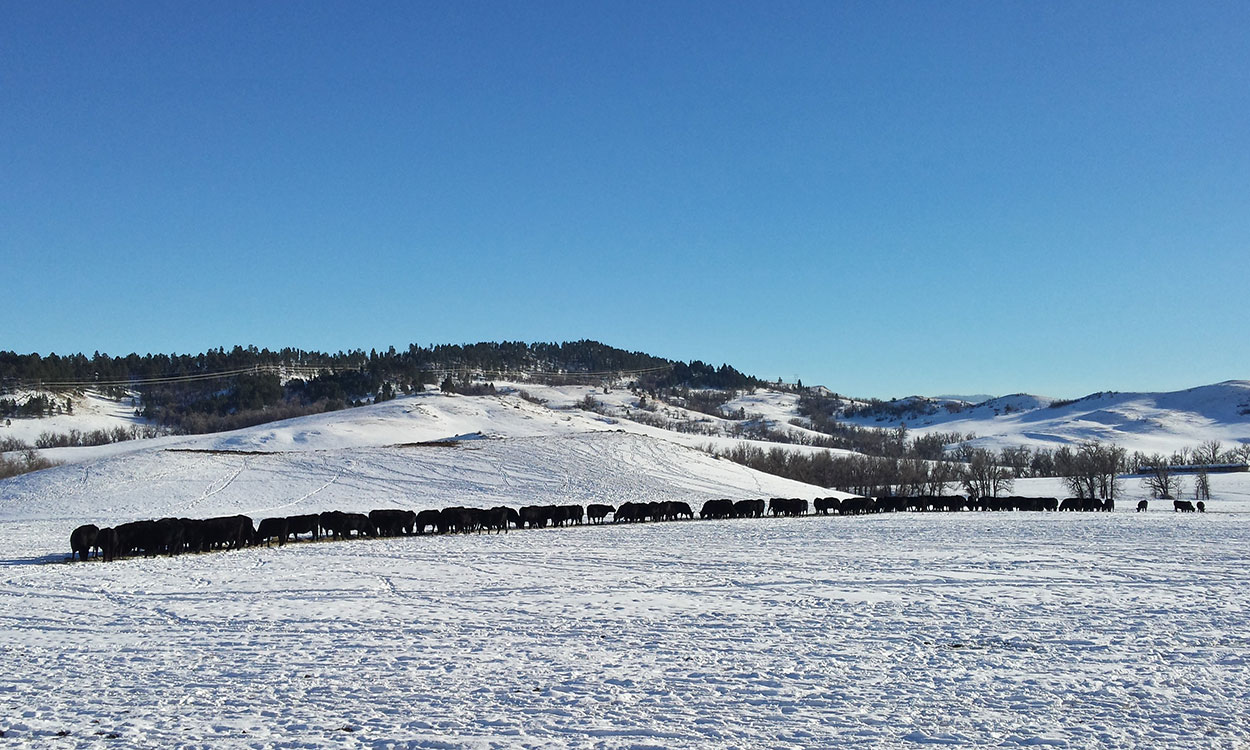
Swath/Bale Grazing
Swath grazing and bale grazing are harvest systems that mesh haying and grazing techniques. Generally, the objective is to reduce labor and equipment expenses by allowing livestock to consume the hay crop in the field.
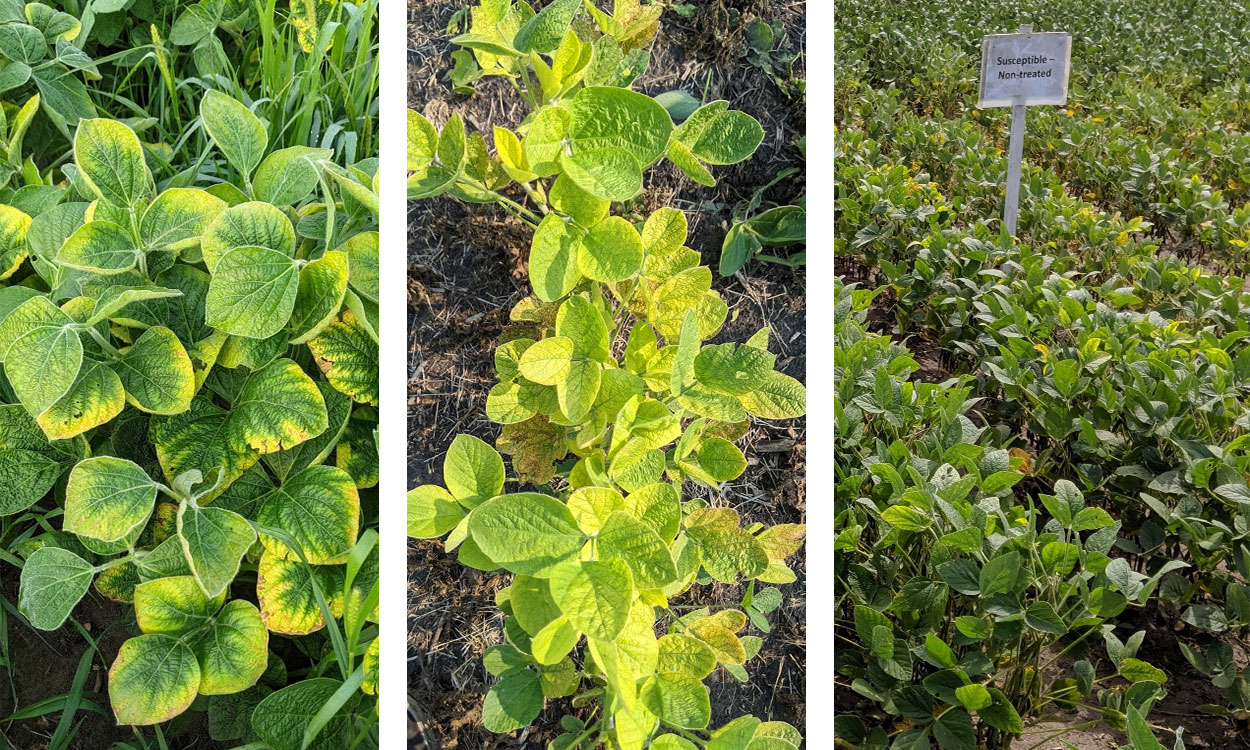
What Is Causing Soybeans to Yellow at This Time?
Recently scouted soybean fields were observed with yellowing plants, and one field was found to have plants dying prematurely. Learn some of the factors that may cause soybean plants to yellow at this time in the growing season.

Diabetes and COVID-19
If you are at higher risk of contracting COVID-19, it is important to take actions to reduce your chance of getting sick. Those at higher risk, including older adults and people who have serious chronic medical conditions like heart disease, diabetes, and lung disease, are encouraged to get ready now!
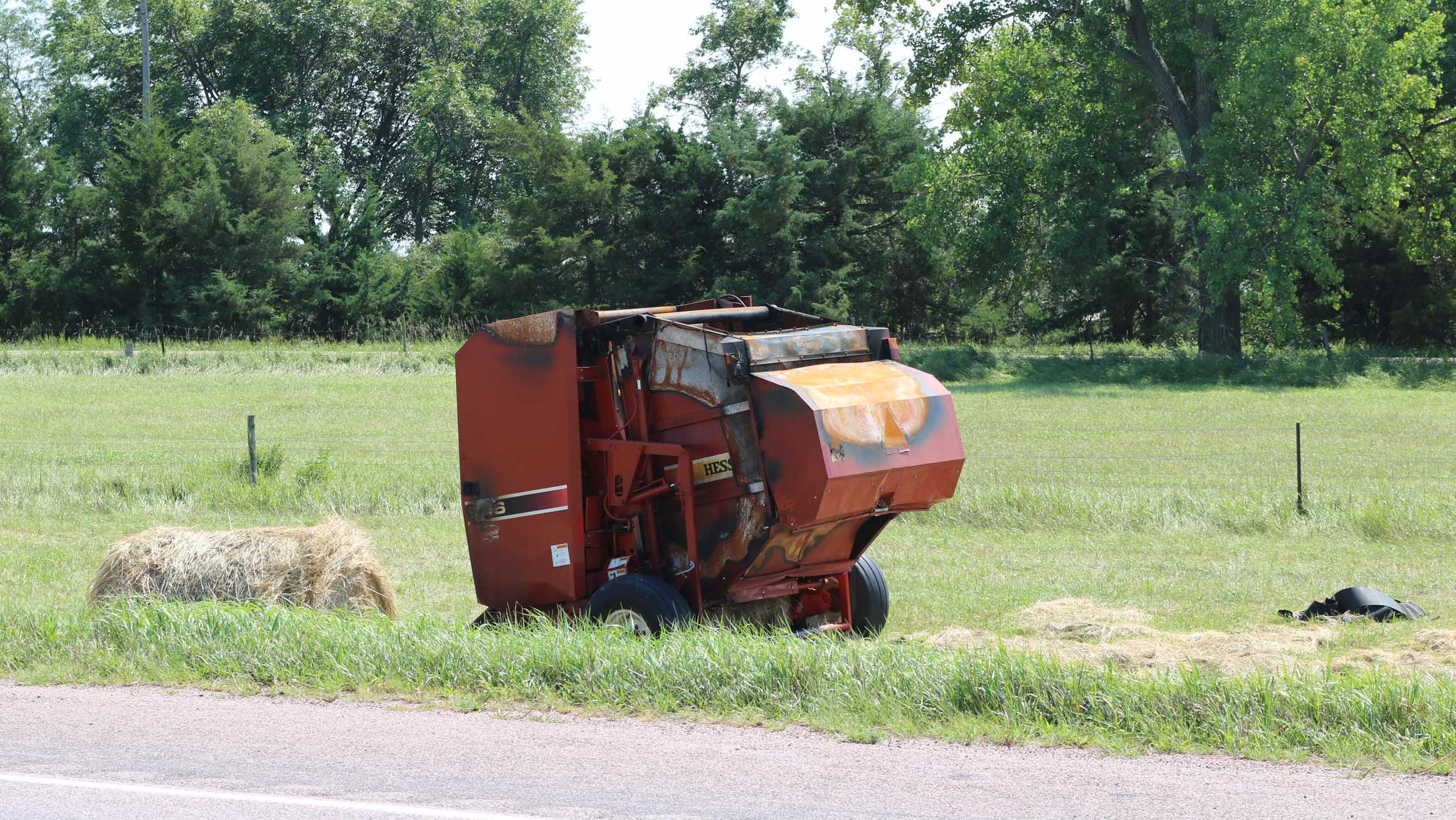
Preventing an Unwanted Baler Fire
Forage harvesting for hay will soon be upon us, and we need to take the time to prepare our equipment and ourselves for a safe and successful forage harvest when utilizing a baler.
What to Do About Ice Covered Trees?
We are experiencing periods of freezing rain across the state. This weather has left many trees covered with a 1/8 to 1/2 inch glaze of ice. The ice weight is resulting in bent and broken branches. Here are a few do’s and don’ts for dealing with ice on trees.
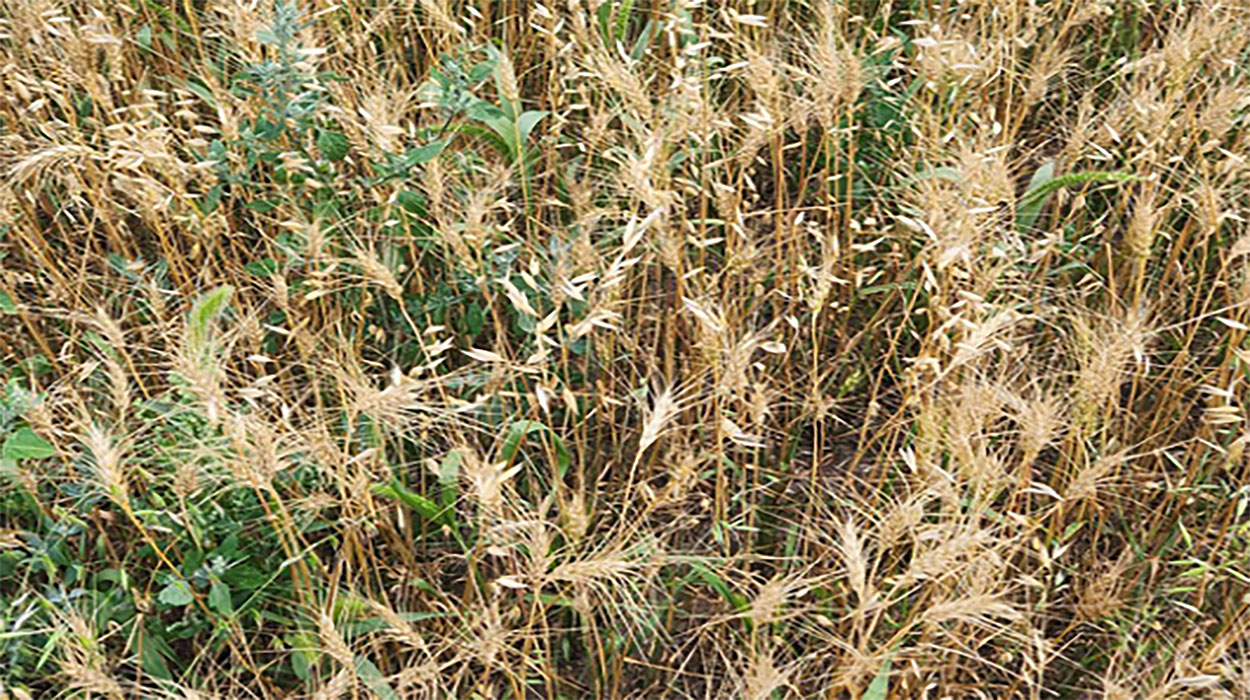
At-Harvest and Post-Harvest Weed Management Tactics in Wheat
Many pre and postemergence herbicides did not adequately control weeds during the 2023 growing season due to early dry and hot conditions. Despite the poor control, there are still options to implement at-harvest and post-harvest to help manage weeds.
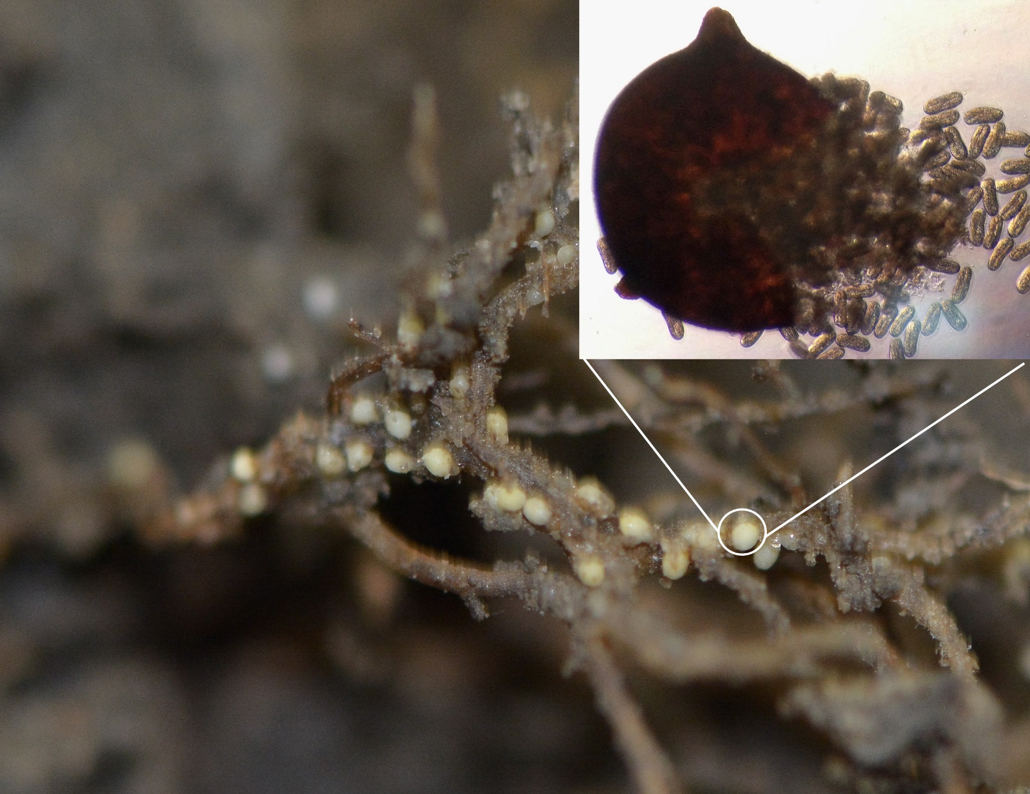
Fall is a Good Time to Test Your Soil for SCN
Is your yield monitor indicating low yielding areas in your soybean field? Soybean Cyst Nematode (SCN) could be the problem. Get to the root of the problem by testing your soil for the soybean cyst nematode. SCN management starts with a soil test to determine the presence or absence of this nematode in the soil. Absence may indicate either the SCN has not established in the field or could be present in non-detectable levels.

Save Money by Winterizing Your Home
Fall is the perfect time to begin preparing your home for colder winter temperatures and the higher energy costs that come with them. Learn some expert tips for preparing your home today!
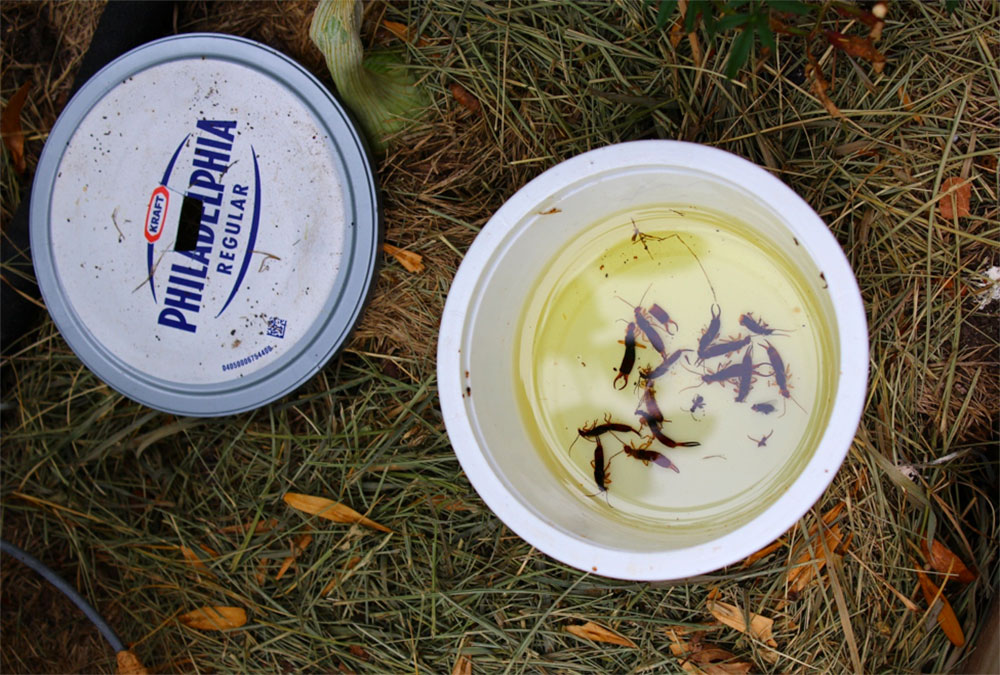
Earwigs in the Garden: Less-Toxic Control Alternative
Since earwigs provide some ecological service as natural enemies, I hesitate to recommend a pesticide application to control it. As an alternative least-toxic solution, bait trapping the earwigs should work to reduce the insect’s population to the non-threatening levels.
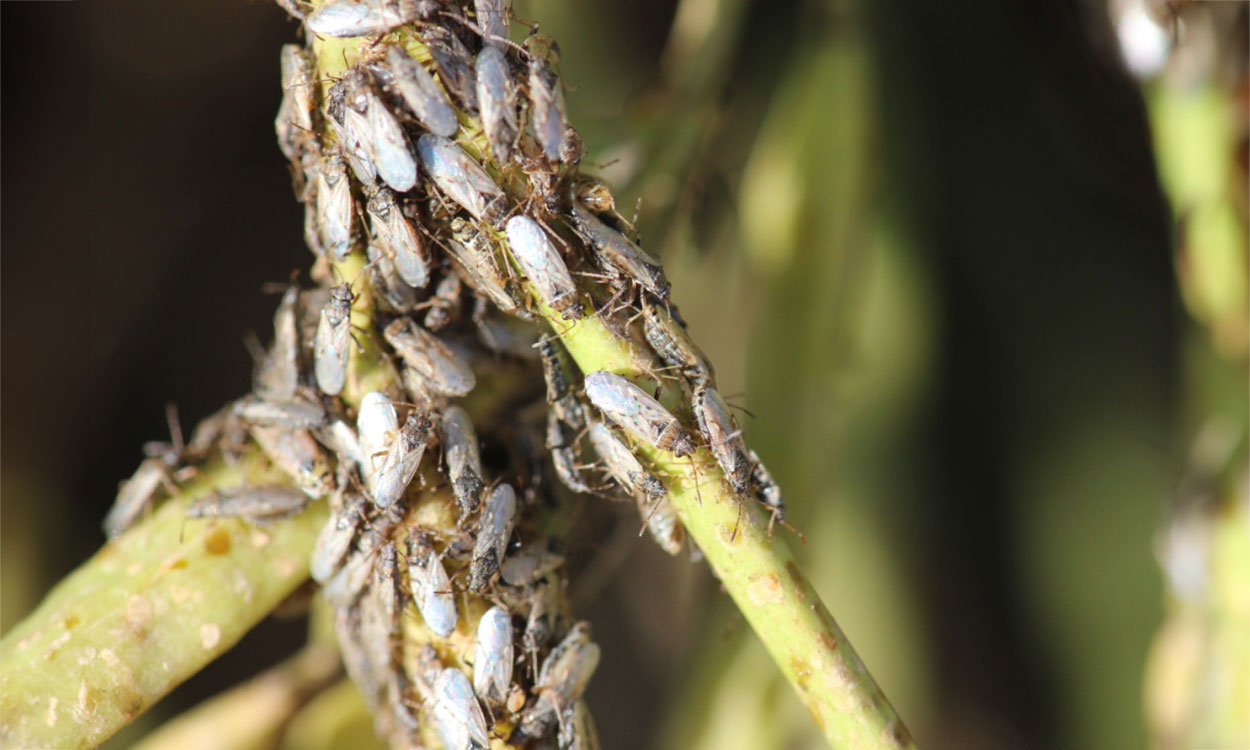
Wet Spring Brings Surge of False Chinch Bugs
Within the past week, large populations of false chinch bugs have been reported across western South Dakota. In high numbers, these pests can pose a threat to Brassica plants.